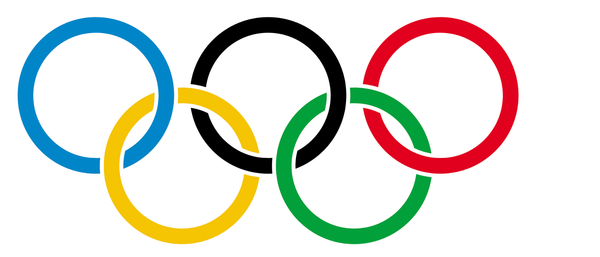Editorial: What it's like to have your wisdom teeth removed

According to the American Public Health Association, every year at least five million people have their wisdom teeth removed, most of them teenagers. On Monday, Nov. 26, I became one of them when I had all four of my wisdom teeth surgically removed. Here’s what I experienced and what I’ve learned.
Last summer, I began experiencing some discomfort in my jaw, so at my regular dentist appointment I brought up the issue and they took an X-ray to see if my wisdom teeth were the problem. Sure enough, they saw that all four of my wisdom teeth were pressing against the rest of my jaw, which caused headaches and throbbing pain in the rest of my teeth. At that appointment, my dentist gave me and my parents a few recommendations for oral surgeons based on their specialties and proximity.
About two months later, we made an appointment with a surgeon near my house for an initial discussion and to talk through the procedure. When I got there, they showed me the room I would be in for the operation and I met the surgeon and nursing staff. Then, they explained what medications I would be on and told me the things I needed to do before my surgery, including a list of what I needed to wear on the day of the procedure and things I should not do leading up to my next appointment. I was told to wear a short-sleeved shirt so they could have access to my left arm for an IV. I also needed to have no nail polish on my left thumb, because it would interfere with of one of the monitors.
Another important aspect of the surgery was transportation. Because I’m a minor, I needed to have a parent or legal guardian with me and to have transportation that didn’t involve me driving or taking the Metro. I left that initial appointment more or less at ease, and we made an appointment for the actual surgery on my way out. When I made the second appointment, the surgeon’s office told me I would need at least two days to recover and relax after the surgery because of the different medications I would be on for pain and to ensure I didn’t risk tearing my stitches.
The day before my surgery, I couldn’t eat or drink anything after midnight because the type of anesthesia they would be using might cause me to throw up during surgery. The morning of my procedure, I woke up around 8 am and went to the surgeon’s office with my parents. When I walked in, they had me leave my jacket, phone, and watch with my parents and almost immediately took me back to the operating room.
When I got to the operating room, a nurse came in and talked me through the procedure one more time and confirmed that I hadn’t hadn’t had anything to eat or drink after midnight. She also talked about the importance of only eating soft food and not doing anything that could damage my mouth after the surgery, like drinking or smoking.
Next, the doctor came in and placed a mask of laughing gas over my nose and a CO2 monitor on my nose, which was weird at first, but I got used to it. I told the doctor I don’t have a problem with needles, but he should either not tell me when he was putting the IV in my arm or distract me. Before I knew it, I had a mixture of what was basically sugar water running through my veins, and then the doctor added the anesthetic to my IV. I slowly drifted away into unconsciousness, and to me it seemed that five minutes later I was being woken up by the nurse. The surgery actually took 45 minutes, but I didn’t have any sense of time during the procedure.
They called my parents in one at a time, and I was still pretty drowsy from the anesthetic. I was completely numb from my ears to my neck, so I couldn’t feel anything. When I got home, I took three pills, one for pain, one for swelling, and an antibiotic. After I took those with applesauce, I felt kind of dizzy and sick, so I sat down on the couch and fell asleep almost instantly. When I woke up, I was a little bit sweaty and shaky, but I felt better than I did before my nap. Throughout the rest of the day, I watched lots of Grey’s Anatomy and slept.
That day and the day after, I could only eat soft foods, so I felt pretty hungry because I wasn’t getting as many calories. Here’s a list of soft foods that sustained me for the first few days:
- Applesauce
- Mashed potatoes
- Mango smoothies
- Ramen with the noodles chopped up into small bits
- Ice cream without any chunks
- Chocolate pudding
- Jello
- Rice pudding
Other than eating those soft foods, here are some additional tips for surviving the first few days:
- Take things really slow, as you’ll be dizzy for a few days after.
- Take your pain medicine as instructed. If you try to tough it out, you’ll be miserable.
- Soak rolls of gauze in cold water and freeze them so they’re still soft but cold. You can also put some Orajel in the water to numb your mouth.
- Try not to talk frequently, as it loosens your jaw and ends up hurting later.
- Ice your cheeks as much as possible, because they’ll get really swollen.
Overall, the best course of action is to take it easy, eat some ice cream, keep ice on your cheeks, and find something to do that doesn’t involve talking.



